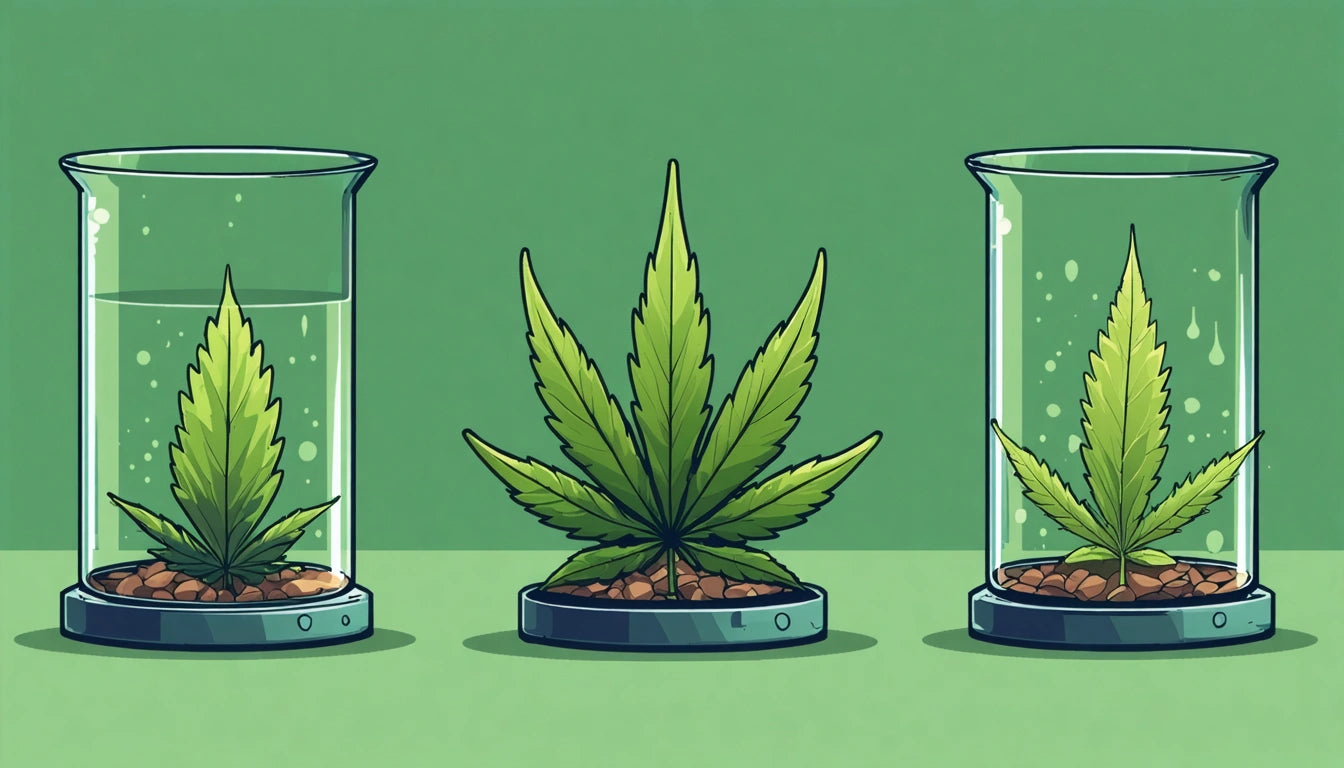Table of Contents
- Smoking Before Routine Blood Tests: What You Should Know
- Cannabis and Blood Tests: Detection Windows and Considerations
- Fasting Blood Tests and Smoking: Important Guidelines
- How to Prepare for a Blood Test if You Smoke
- Secondhand Smoke: Can It Affect Blood Test Results?
- Best Practices for Smokers Undergoing Medical Testing
Can You Smoke Before a Blood Test? Everything You Need to Know
Blood tests are a common diagnostic tool used by healthcare providers to assess various aspects of your health. If you're a smoker, whether of tobacco or cannabis, you might wonder if smoking before your appointment could affect your test results. The short answer is that it depends on the type of blood test and what's being tested for.
Smoking Before Routine Blood Tests: What You Should Know
For standard blood tests that check things like cholesterol levels, complete blood counts, or liver function, smoking tobacco shortly before the test can potentially impact your results. Nicotine can cause temporary changes in your body, including:
- Increased heart rate
- Elevated blood pressure
- Changes in white blood cell counts
- Altered lipid profiles
Most healthcare providers recommend avoiding smoking for at least one hour before a routine blood test. However, if you're a regular smoker, completely abstaining won't necessarily normalize your results, as your body has adapted to regular nicotine intake.
Cannabis and Blood Tests: Detection Windows and Considerations
When it comes to cannabis, the concerns are different. If your blood test is specifically screening for THC or other cannabinoids, the timing matters significantly. According to research on cannabis detection in blood tests, THC can be detected in blood for approximately 3-4 hours after smoking in occasional users, while regular users may test positive for up to 72 hours or longer.
If you're wondering how long to not smoke before a blood test that screens for cannabis, consider these general guidelines:
- Occasional users: 24-48 hours
- Regular users: 3-7 days
- Heavy, daily users: 7+ days
These timeframes can vary based on individual metabolism, body fat percentage, and the potency of the cannabis consumed. Many cannabis enthusiasts are familiar with various consumption methods, including pre-rolls, which have become increasingly popular for their convenience, as seen in the growing market for custom pre-roll packaging solutions that cater to both medical and recreational users.
Fasting Blood Tests and Smoking: Important Guidelines
For fasting blood tests, which typically measure glucose levels, lipid panels, or certain hormone levels, the rules are more strict. When asking "can I smoke before a fasting blood test," the technical answer is that smoking is generally not allowed during the fasting period.
Fasting typically means no food or drink (except water) for 8-12 hours before the test. Smoking during this period can:
- Increase blood sugar levels
- Affect triglyceride measurements
- Influence insulin sensitivity markers
If you absolutely must smoke, inform your healthcare provider so they can note this when interpreting your results.
How to Prepare for a Blood Test if You Smoke
If you're concerned about how smoking might affect your blood test, consider these preparation strategies:
For Routine Health Screenings:
- Disclose your smoking habits to your healthcare provider
- Try to abstain from smoking for at least 1-2 hours before the test
- Stay well-hydrated (unless instructed otherwise)
- Follow all other pre-test instructions carefully
For Drug Screening Tests:
- Abstain from cannabis use based on the detection windows mentioned above
- Increase water intake in the days leading up to the test
- Exercise regularly to help speed up metabolism (but not within 24 hours of the test)
- Avoid secondhand smoke exposure
Secondhand Smoke: Can It Affect Blood Test Results?
A common concern is whether secondhand smoke exposure could trigger a positive result on a blood test. For tobacco, secondhand exposure typically won't significantly impact routine blood tests.
For cannabis, extreme secondhand exposure in poorly ventilated spaces could potentially result in detectable levels of THC in blood, but this is rare and usually below the threshold for a positive result on most standard tests. However, if you're concerned about this possibility, avoid enclosed spaces where cannabis is being consumed in the days leading up to your test.
Best Practices for Smokers Undergoing Medical Testing
To ensure the most accurate blood test results while respecting your lifestyle choices, consider these best practices:
- Always be honest with healthcare providers about your smoking habits
- Follow pre-test instructions carefully, including fasting requirements
- Consider temporarily adjusting consumption patterns before important health screenings
- Ask if your specific test requires special preparation regarding smoking
- Remember that blood donation has different requirements than diagnostic blood tests
Understanding how smoking affects your blood test results empowers you to make informed decisions about your health. While occasional smoking may have minimal impact on routine screenings, being transparent with your healthcare provider ensures the most accurate interpretation of your results.











Leave a comment
All comments are moderated before being published.
This site is protected by hCaptcha and the hCaptcha Privacy Policy and Terms of Service apply.